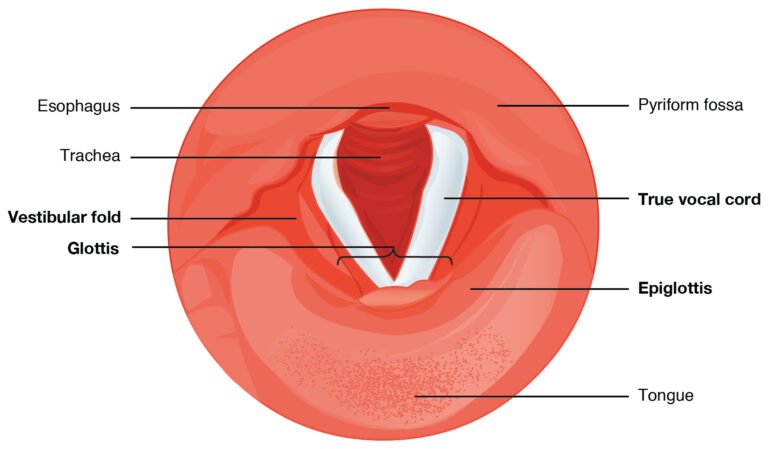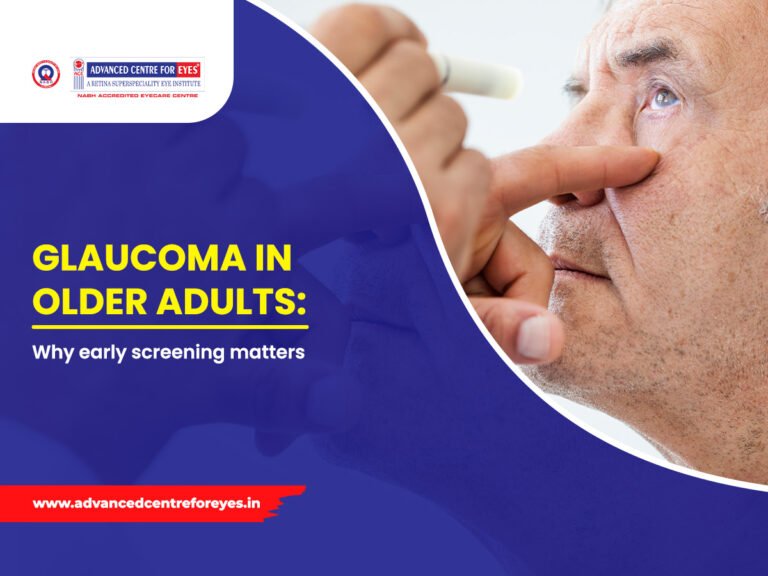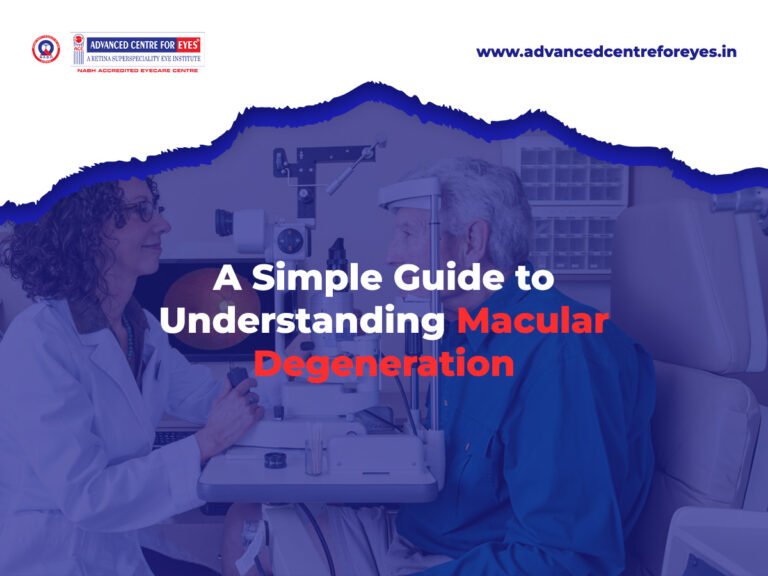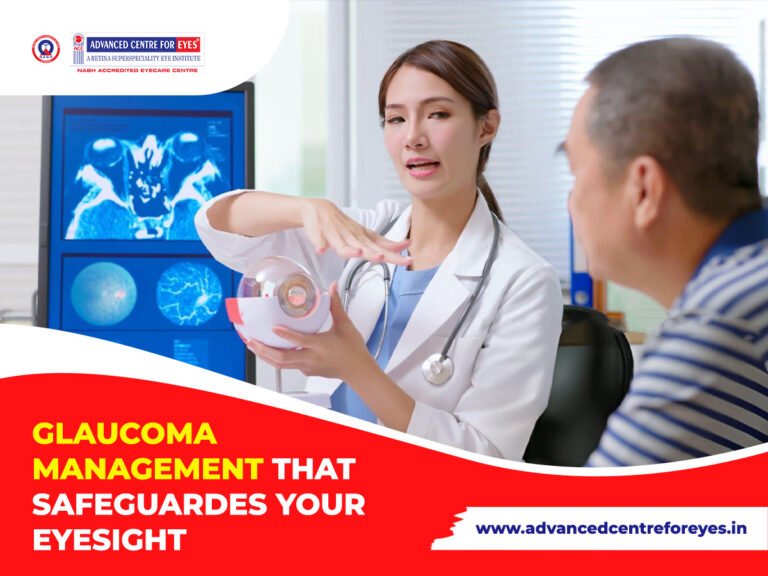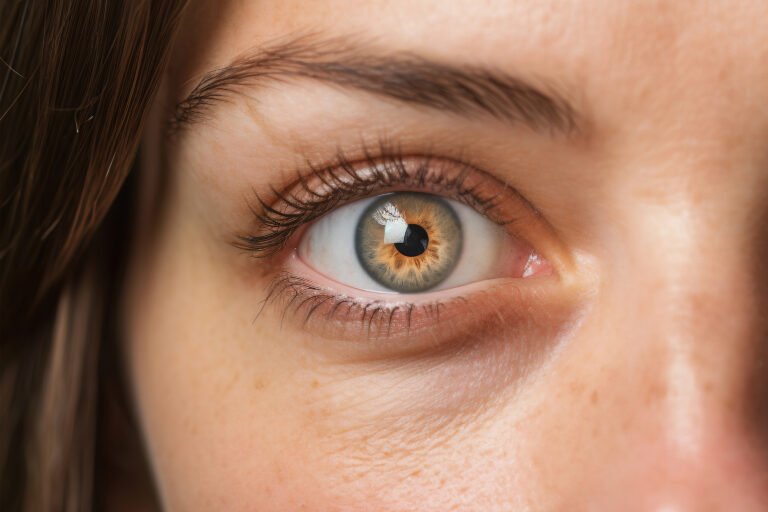Prevention, Cure, and Care of Cornea
The cornea is the transparent, dome-shaped surface that covers the front part of your eye. It acts like a window that lets light enter your eye. This light is then focused onto the retina, which is a layer at the back of the eye that sends visual information to the brain. Because the cornea plays such a crucial role in helping us see clearly, keeping it healthy is very important for good vision.
In this blog, we will talk about how to take care of your cornea to prevent any problems, what treatments are available if you do have a corneal issue, and tips on maintaining overall eye health. We will provide you with valuable information and practical advice on how to protect your eyes from common issues like infections and injuries.
You’ll learn about the importance of good hygiene, the benefits of wearing protective eyewear, and the best practices for using contact lenses. We’ll also discuss what to do if you experience any corneal problems, including the different treatments that eye specialists can offer. By the end of this blog, you will have a better understanding of how to keep your cornea healthy and ensure clear vision for years to come.
Understanding the Cornea
Before diving into prevention and care, it is essential to understand the cornea’s structure and function. The cornea is made up of five layers: the epithelium, Bowman’s layer, stroma, Descemet’s membrane, and endothelium. Each layer has a specific role, and any damage to these layers can affect vision.
Common Corneal Conditions
Several conditions can affect the cornea, including:
- Keratitis: Inflammation of the cornea caused by infections, injuries, or underlying diseases.
- Corneal Ulcers: The open sores on the cornea, that are due to infections.
- Keratoconus: A progressive thinning and bulging of the cornea, leading to vision distortion.
- Fuchs’ Dystrophy: A genetic disorder causing endothelial cell deterioration, leading to corneal swelling and vision loss.
Prevention of Corneal Problems
Preventing corneal issues involves adopting healthy habits and taking proactive measures to protect your eyes.
1. Maintain Good Hygiene
Proper hygiene is crucial for preventing infections that can damage the cornea. Make sure to always wash your hands before touching the eyes, and avoid rubbing them.
2. Use Protective Eyewear
Wearing protective eyewear during activities that pose a risk of eye injury, such as sports or working with hazardous materials, can prevent corneal damage.
3. Follow Contact Lens Guidelines
If you wear contact lenses, follow the recommended guidelines for cleaning, storing, and wearing them. Never sleep in your lenses unless prescribed, and replace them as advised by your eye specialist in Ludhiana.
4. Regular Eye Examinations
Regular eye check-ups with an eye specialist in Ludhiana can help detect and address corneal issues early. With early detection and treatment, it can prevent more severe problems down the line.
Cure for Corneal Conditions
The treatment for corneal conditions depends on the specific issue and its severity. Here are some common treatments:
1. Medications
For infections like bacterial keratitis, antibiotics are prescribed. Antifungal or antiviral medications are used for fungal and viral infections, respectively. Anti-inflammatory drugs might also be prescribed to reduce inflammation.
2. Corneal Transplant
In cases of severe damage or disease, a corneal transplant may be necessary. This process involves replacing the damaged cornea with a healthy donor cornea. There are two types of corneal transplants: full-thickness (penetrating keratoplasty) and partial-thickness (lamellar keratoplasty).
3. Laser Treatments
Procedures like phototherapeutic keratectomy (PTK) use lasers to remove damaged tissue from the cornea. This treatment is effective for conditions like corneal dystrophies and scars.
4. Collagen Cross-Linking
For keratoconus, collagen cross-linking can strengthen the cornea and halt the progression of the disease. This minimally invasive procedure involves applying riboflavin (vitamin B2) drops to the cornea and then exposing it to ultraviolet light.
Care for Your Cornea
Taking care of your cornea involves both preventive measures and following through with treatment plans if issues arise.
1. Balanced Diet
A diet rich in vitamins A, C, and E, as well as omega-3 fatty acids, can promote corneal health. Foods like carrots, spinach, citrus fruits, and fish are excellent choices.
2. Stay Hydrated
Keeping the body hydrated helps maintain the moisture balance in the eyes. Drinking plenty of water throughout the day supports overall eye health.
3. Avoid Smoking
Smoking can adversely affect your eye health, including the cornea. Quitting smoking reduces the risk of developing corneal problems and other eye diseases.
4. Manage Chronic Conditions
Conditions like diabetes can affect your cornea. Managing chronic conditions through proper medication and lifestyle changes is crucial for eye health.
5. Follow Post-Treatment Care
If you undergo any treatment for corneal conditions, follow your eye specialist’s instructions carefully. This includes using prescribed eye drops, attending follow-up appointments, and avoiding activities that could strain your eyes.
Signs of Corneal Problems
Recognizing the signs of corneal issues early can lead to prompt treatment and better outcomes. Common symptoms include:
- Blurred or distorted vision
- Eye pain or discomfort
- Sensitivity to light
- Redness or swelling in the eye
- Excessive tearing
- The feeling of something in the eye
If you experience any of these symptoms, it is essential to consult an eye specialist in Ludhiana promptly.
Importance of Regular Eye Check-ups
Regular eye check-ups play a significant role in maintaining corneal health. During these exams, your eye specialist in Ludhiana will assess the overall health of your eyes, including the cornea. They can detect early signs of problems and provide appropriate treatment.
Conclusion
Caring for the cornea is essential for maintaining good vision and overall eye health. The cornea’s transparency and curvature are vital for focusing light onto the retina, which is crucial for clear vision. Understanding the importance of the cornea and taking proactive steps to protect it can prevent many common eye problems. Prevention plays a key role in corneal health. Simple habits like maintaining good hygiene, using protective eyewear, and following contact lens guidelines can significantly reduce the risk of corneal infections and injuries. Regular eye examinations with an eye specialist in Ludhiana are vital for early detection and treatment of corneal issues, ensuring they don’t progress to more severe conditions.
When corneal problems do occur, effective treatments are available. Medications, corneal transplants, laser treatments, and collagen cross-linking offer solutions for various corneal conditions. Following the prescribed treatment plans and post-treatment care instructions from your eye specialist in Ludhiana is essential for successful recovery and maintaining corneal health. Taking care of your cornea also involves lifestyle choices. A balanced diet rich in vitamins and omega-3 fatty acids, staying hydrated, avoiding smoking, and managing chronic conditions like diabetes are all critical for maintaining healthy eyes. Recognizing early signs of corneal problems, such as blurred vision, eye pain, sensitivity to light, and redness, can lead to prompt medical attention and better outcomes.
The health of your cornea is integral to your vision and quality of life. By adopting preventive measures, seeking timely treatment, and making healthy lifestyle choices, you can ensure your cornea remains healthy. Regular check-ups with an eye specialist in Ludhiana will help you monitor your eye health and address any issues early. Remember, taking care of your eyes today can prevent problems tomorrow, ensuring clear and healthy vision for years to come.



